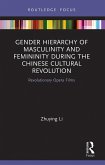
22,99 €
Versandfertig in 6-10 Tagen
Broschiertes Buch
Revolutionary Opera Films
30. Mai 2022
Routledge / Taylor & Francis
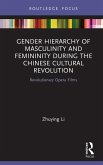
20,95 €
Sofort per Download lieferbar
eBook, ePUB
25. November 2020
Taylor & Francis eBooks
| Gebundenes Buch | 78,99 € | |
| eBook, PDF | 20,95 € |
20,95 €
Sofort per Download lieferbar
eBook, PDF
25. November 2020
Taylor & Francis eBooks
Ähnliche Artikel
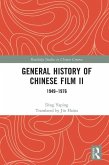
Broschiertes Buch
1949-1976
25. September 2023
Routledge / Taylor & Francis
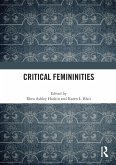

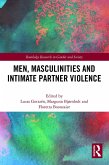
Broschiertes Buch
30. Mai 2022
Routledge / Taylor & Francis
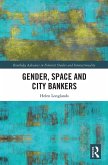
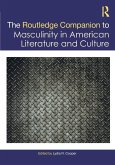
Broschiertes Buch
25. September 2023
Routledge / Taylor & Francis
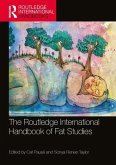
Broschiertes Buch
9. Januar 2023
Routledge / Taylor & Francis

Gebundenes Buch
A Celebration of Rule Breakers, History Makers, and Unstoppable Athletes
7. April 2020
Simon & Schuster

Ähnlichkeitssuche: Fact®Finder von OMIKRON
